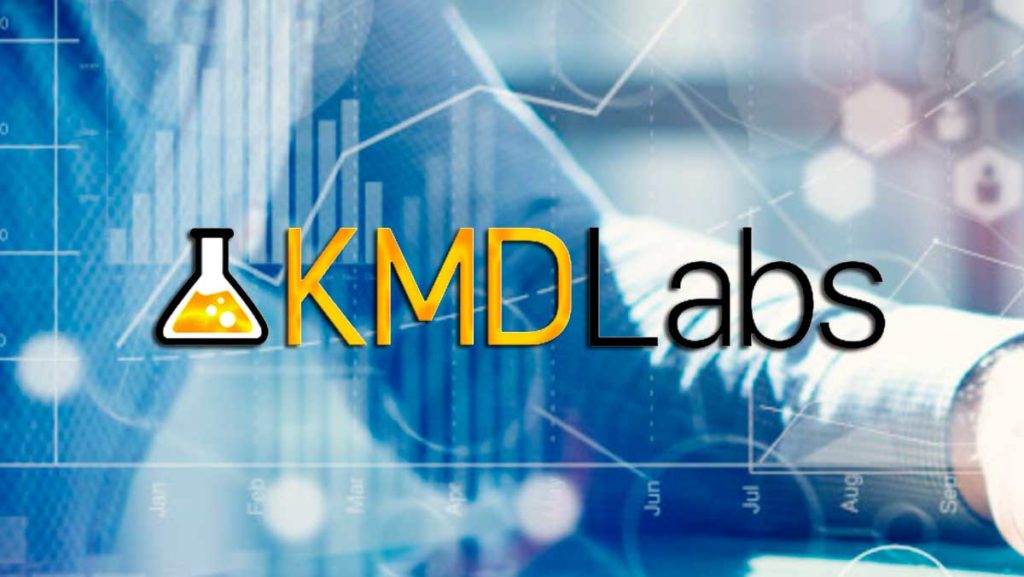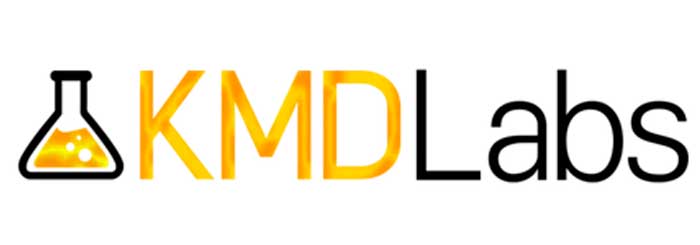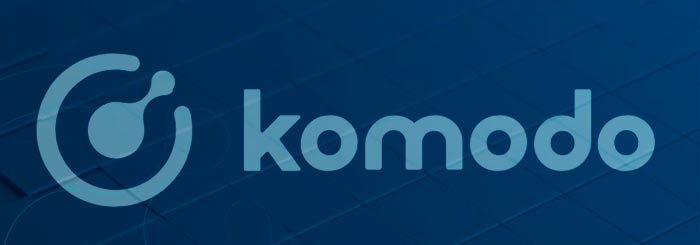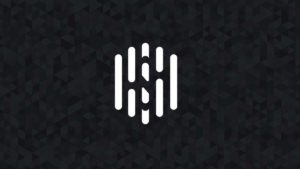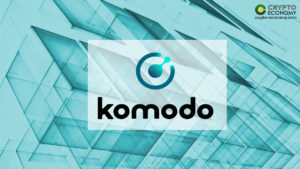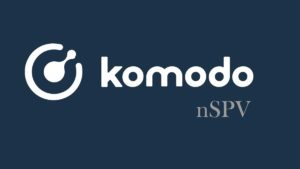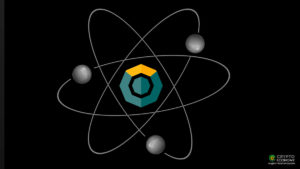The social media giant Facebook has for a long time subscribed to the widely popularized “Move Fast Break Things” mantra.
The mantra helped the company build a culture of constant launching and testing while minimizing time on planning. Not that planning is discouraged but Facebook realized that the more time its employees spent on testing and iterating, the better the products that were created.
This anecdote is especially relevant when talking about KMDLabs, a blockchain incubator for the Komodo Platform.
It is an independent testing bed for decentralized applications and smart chains that are designed to operate on the Komodo blockchain.
KMDLabs, (short for Komodo Labs), is a blockchain created on the sidelines of Komodo with a focus on testing and iteration of applications and smart chains to be run on the Komodo blockchain.
Think of it as a lab where developers are availed the tools for testing their apps for the main chain. This includes dApps and Antara modules.
KMDLabs as self-described, like “a testing and development platform suitable for research on many scales.”
How does it Work?
As an extension of the Komodo blockchain, KMDLabs adopts a majority of the defining features of Komodo with minor distinguishing features.
For instance, the KMDLabs network also has a cryptocurrency called LABS and it uses the novel delayed Proof of Work consensus mechanism heralded by its larger sibling. Similarly, it also uses notary nodes to help with notarization to the KMD blockchain and this means that notary nodes need to be voted for every so often to ensure impartiality, diversity, and perpetuity. Voting happens every couple of months.
The LABS cryptocurrency is an incentivized system within the KMDLabs ecosystem. As a tasting environment, KMDLabs has several participants including testers, notary nodes, dApp developers, and bounty hunters. The notary node operators are incentivized through compensation for the hashing power that they contribute in the initial consensus mechanism while bounty hunters receive rewards in LABS for any bugs discovered.
You can also as mentioned above participate on the network as a service provider such as notary node operators or bug bounty hunters.
Once you have some coins, you want to start thinking about how to safely store them.
There are several wallets to use including the native CLI Wallet, a command-line interface wallet highly recommended on the network for notary node operators.
You can also use other wallets such as the VERUS Agama GUI wallet which is used for storing KMD coins. As the name suggests, the wallet is more visually appealing and provides a great alternative for the utilitarian CLI Wallet.
A lot is going on with the KMDLabs ecosystem. As a permissionless ecosystem, everyone is encouraged to join the network in whatever capacity they deem fit. Try it out especially if you have a project that you are thinking of building.
The project makes use of the novel dPoW consensus similar to Komodo and one of the most important features that KMDLabs has inherited from Komodo is Bitcoin-level security which comes as a given.
Komodo notarizes its data onto the Bitcoin network ensuring that Komodo has class-leading security comparable to Bitcoin and this extends over to KMDLabs.
Links of interest
- Web:
- Discord: https://discordapp.com/invite/tDKq5Mb
If you are interested in this project and want to be informed of everything that happens, visit our Komodo News section


